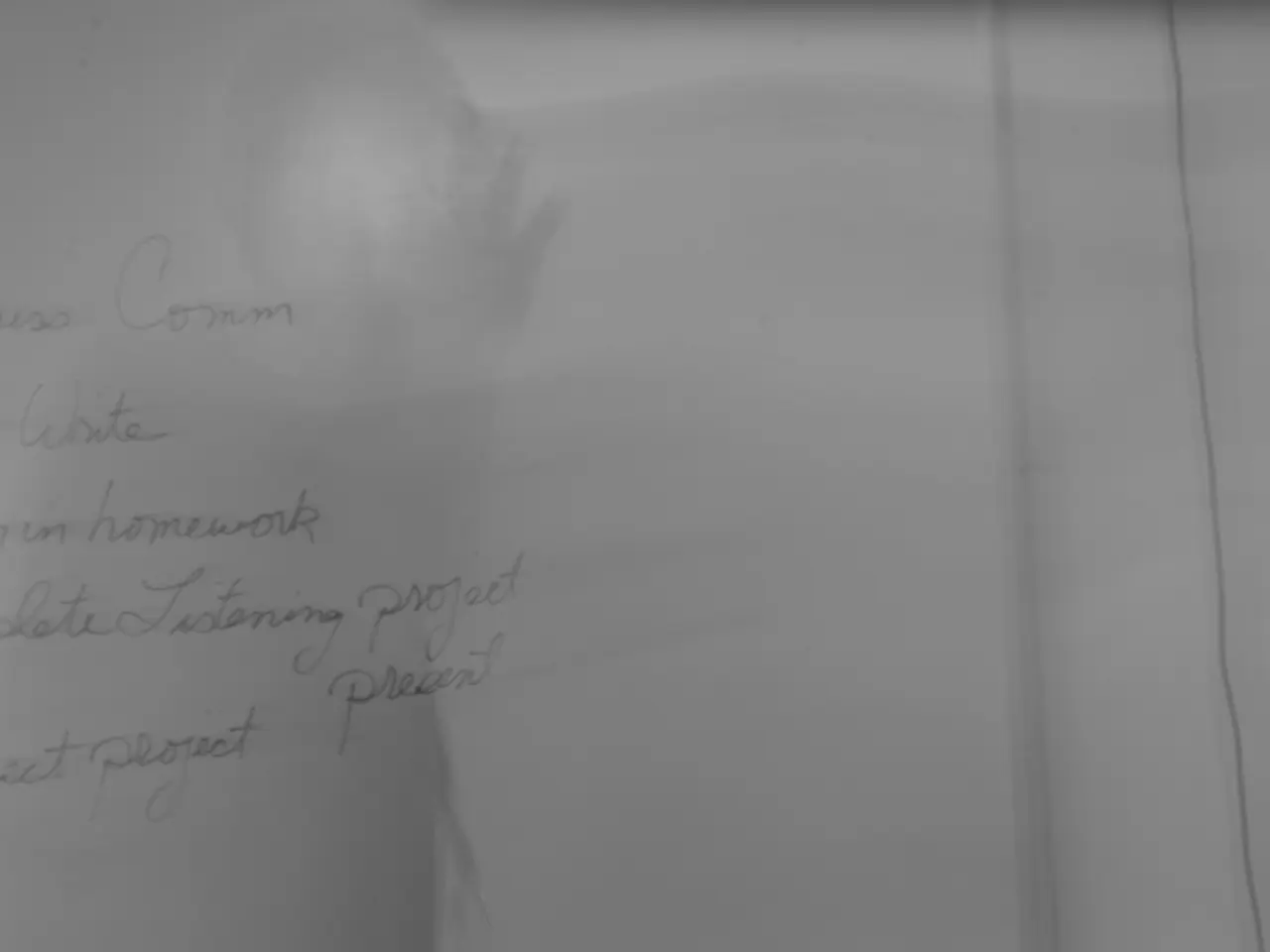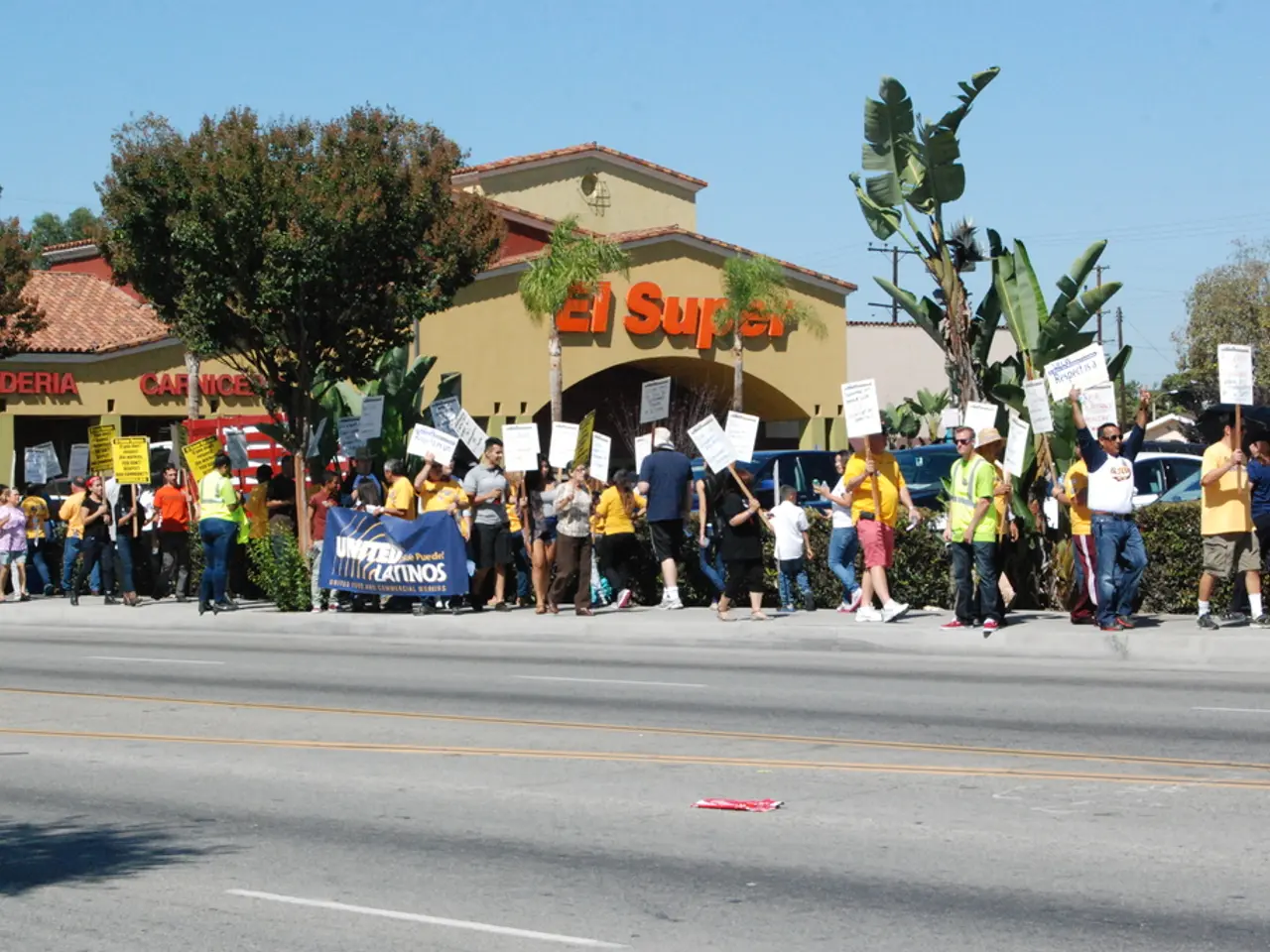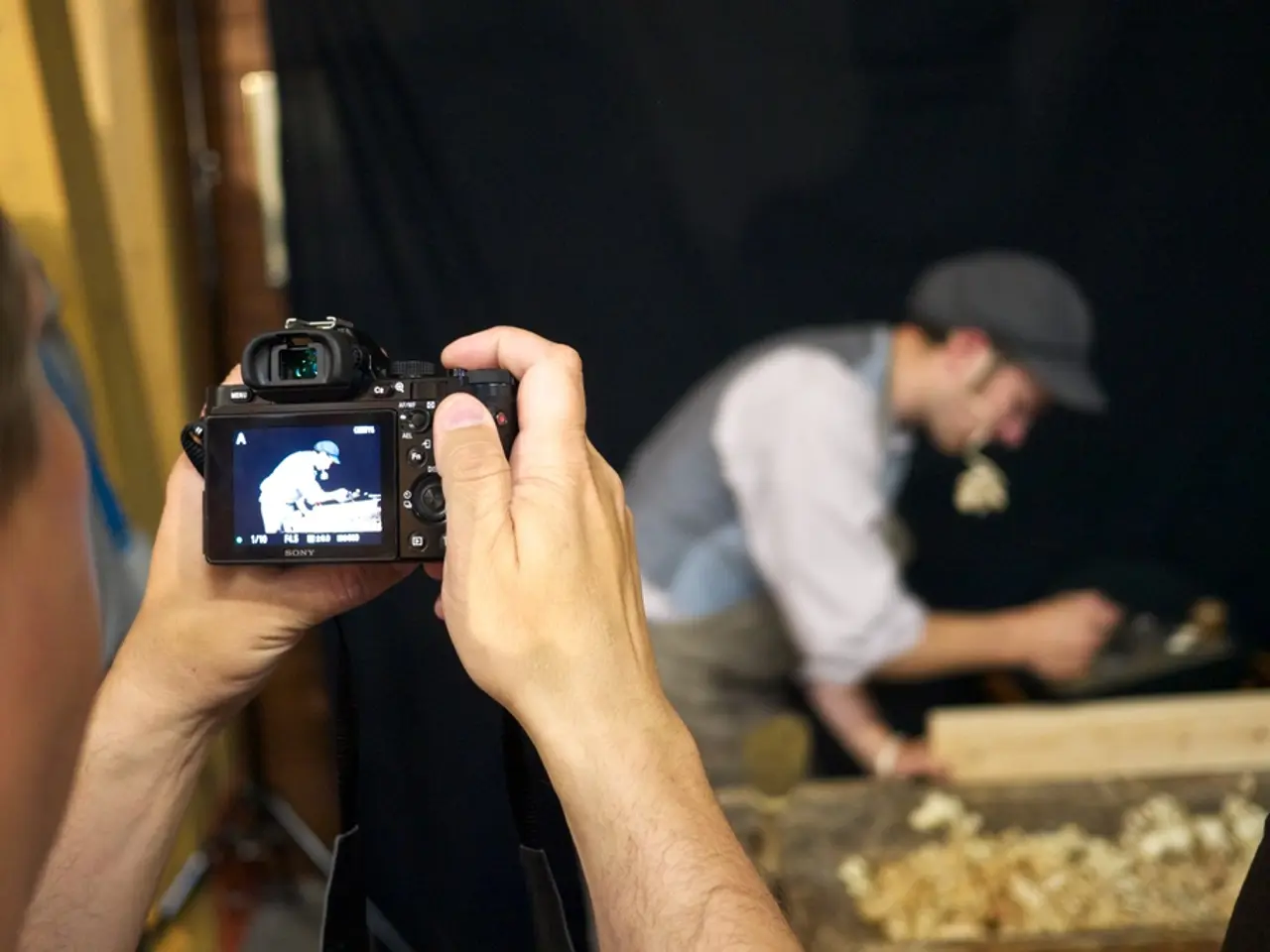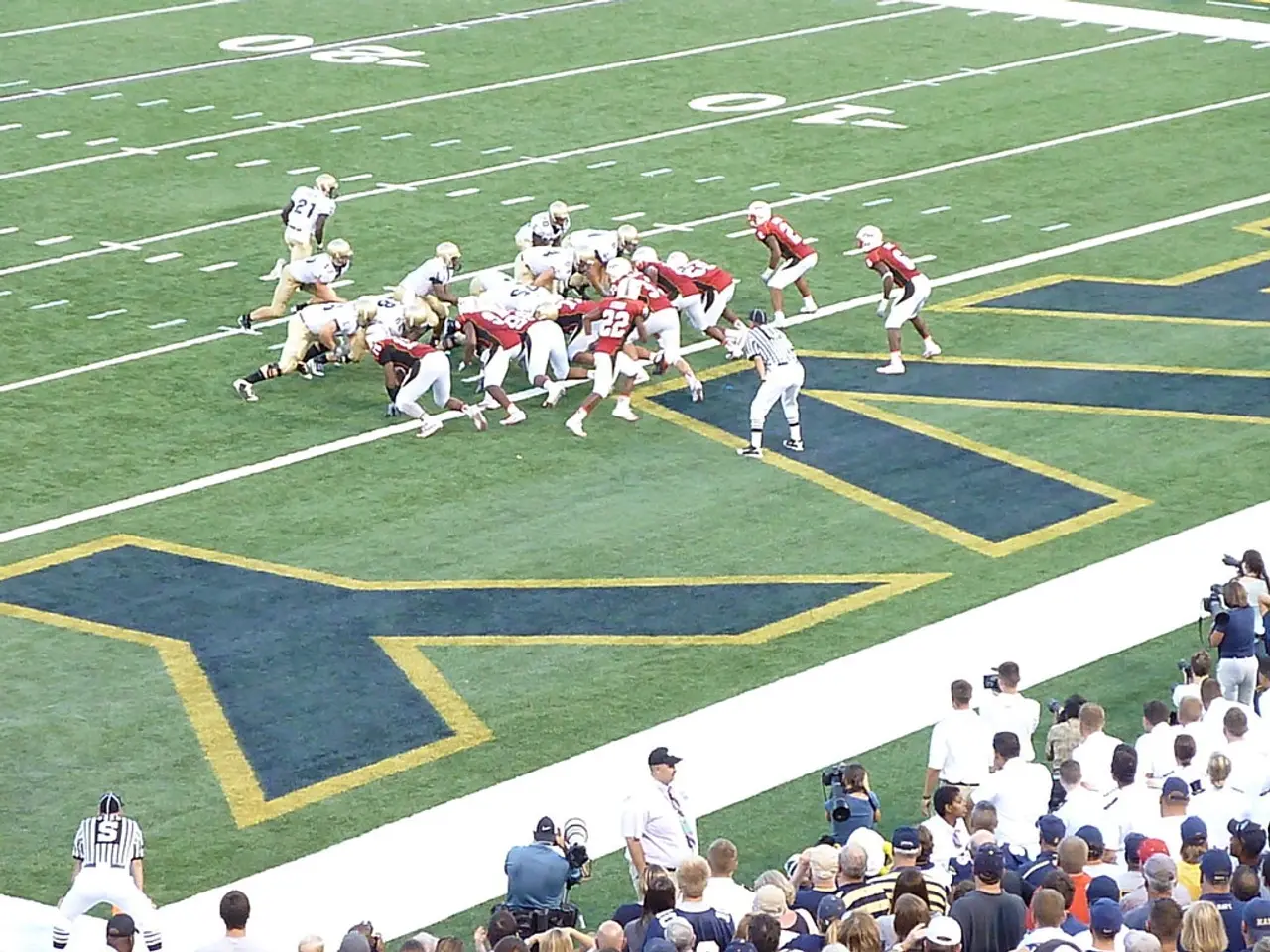Challenges in Seeking Justice: Obstacles to Filing Personal Injury Claims in the United States
In the United States, the legal system offers a path for personal injury claims, but for many Americans, particularly those with limited resources, navigating this complex landscape can be a daunting task. High legal costs, intricate procedures, and systemic biases often create obstacles that prevent fair access to justice.
One of the most significant financial barriers is the cost of legal representation. Law firms frequently prioritize high-value cases over smaller potential payouts, leaving many legitimate cases overlooked. To address this issue, several key strategies have been proposed. Legal aid and pro bono services aim to expand access to free or reduced-cost legal services for those who cannot afford representation. Legal financing options, designed to help plaintiffs cover legal costs without incurring exorbitant fees, are another potential solution. Court fee waivers or reductions for low-income individuals can also remove financial obstacles from accessing the courts.
Legal barriers, such as strict filing deadlines (statutes of limitations), create additional challenges. Many people unfamiliar with imposed deadlines or without immediate access to legal guidance may miss the window to seek compensation. Modifying statutes of limitations to allow victims more time to file claims, especially in cases where evidence emerges later or victims are unable to report crimes immediately, can help mitigate this issue.
Procedural barriers also play a significant role in deterring personal injury claims. Gathering and presenting extensive documentation, such as medical records and accident reports, can be particularly challenging for plaintiffs with limited resources, often weakening otherwise valid claims. To address this, measures have been proposed to promote transparency in legal proceedings and hold institutions accountable for their actions. Clear communication from insurers and facilitation of data sharing during legal proceedings can also help ensure that all parties have access to relevant information and evidence.
Supporting class action lawsuits and collective litigation as tools to challenge systemic injustices and provide broader relief to similar victims is another strategy. These legal tools can help level the playing field for individuals who might not have the resources to take on large corporations or powerful entities alone.
Educating the public about their rights and the legal process is crucial in empowering them to navigate the system more effectively. Developing programs that enhance legal literacy among potential claimants can help them understand their obligations and options better.
By addressing these financial, legal, and procedural barriers, the legal system can become more accessible and equitable, ensuring that justice is available to all, regardless of financial means or background.
- The proposed strategies to expand access to legal services for those with limited resources include legal aid and pro bono services, legal financing options, as well as court fee waivers or reductions for low-income individuals.
- Clear communication from insurers, facilitation of data sharing during legal proceedings, and measures that promote transparency in legal proceedings can help ensure that all parties have access to relevant information and evidence, addressing procedural barriers that often weaken personal injury claims.






